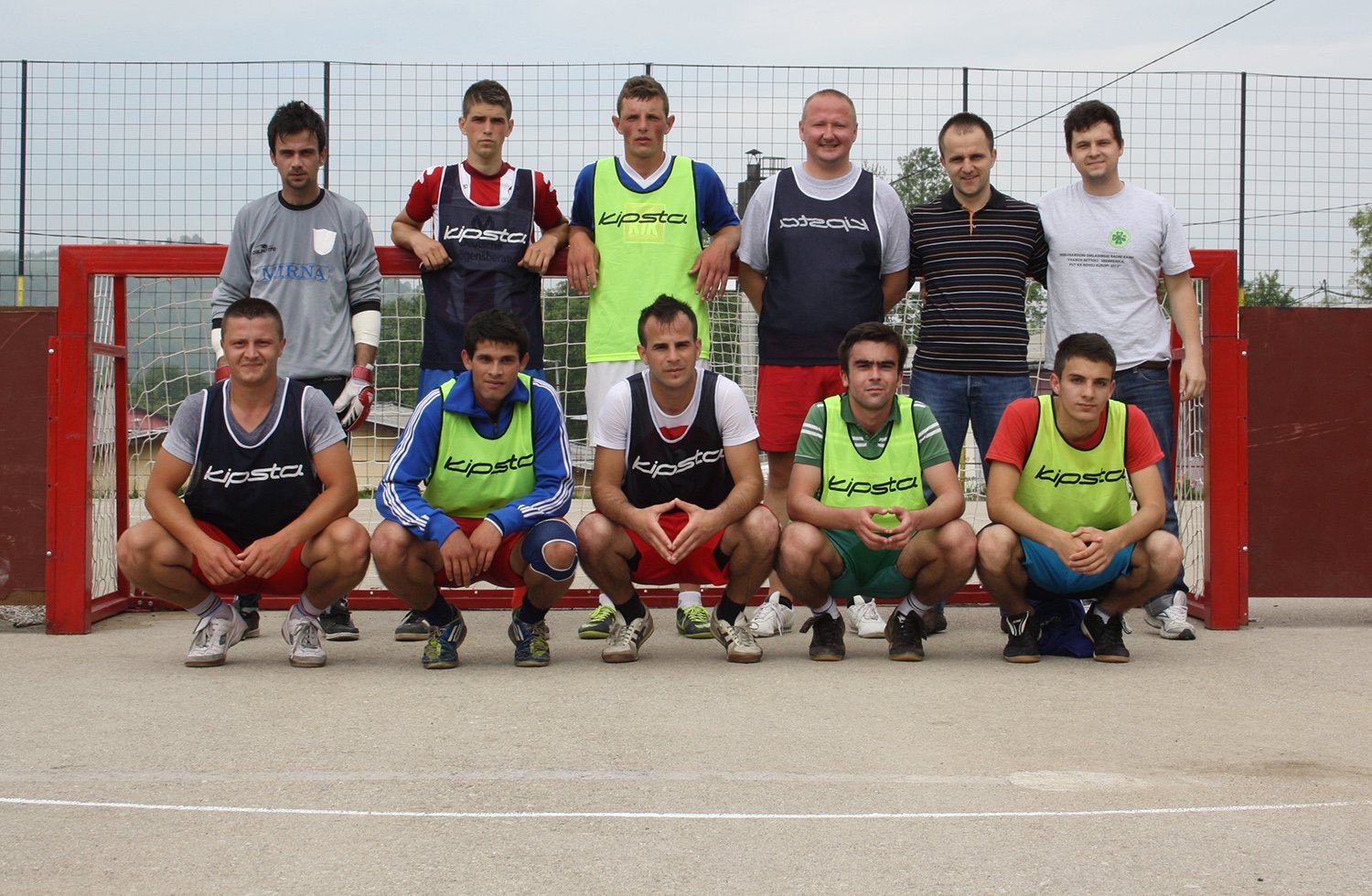
Bosnia and Herzegovina
INTERNATIONAL FORUM OF SOLIDARITY EMMAUS
International Forum of Solidarity EMMAUS, one of the largest NGOs in Bosnia and Herzegovina, was established in 1999 in Gračanica with the aim of providing assistance to all vulnerable groups and minorities in the country. Street football is one part of their extensive programme of activities and services that addresses marginalisation.
PARTICIPANTS
Homeless men and women, young people, the elderly, refugees, displaced people, illegal migrants, victims of human trafficking, and those affected by mental health problems, substance abuse and HIV/AIDS.
LOCATIONS
Doboj Istok, Sarajevo and Srebrenica.
Country statistics
80 out of 189 in Human Development Index rankings (UNDP, 2024)
Average annual salary per person $8,160 (World Bank, 2024)
18.5% of the population are living in absolute poverty (less than $2.15 per day) (Unicef, 2023)
Bosnia and Herzegovina is a country is Southern-Europe with a population of 3.7 million people with the majority of people living in the Northern and Central parts of the country (CIA World Factbook, 2024).
Between 1992 and 1995, some 36,000 civilians were killed and more than two million people were displaced in the Bosnian War (Al Jazeera, 2022 / CIA World Factbook, 2023). This has left a lasting impact on the country which is still recovering and more than 90,000 people are still displaced (Borgen Project, 2021)
Homelessness is not officially recognised in the country and the country has never had a strategy to tackle homelessness, and instead focuses on enacting the Dayton Peace Accords which focuses on providing reparations for those who were affected by the Bosnian War and repairing properties which were damaged, enabling people to return home (European Commission, 2019).
The economy is still largely dependent on foreign imports, lacks private sector investment and there is a high rate of unemployment. As of 2023, the unemployment rate was 10.3% while youth unemployment was 26.5% (CIA World Factbook, 2023).
While economic has been stable over the past few years, growth is not happening at a fast enough rate. If growth continues at its current rate, it would take 100 years to reach the average standard of living in Europe. As a result, many people are migrating to seek better employment opportunities abroad (World Bank, 2024).
Bosnia and Herzegovina is ranked as one of the most hostile places to be LGBTI with people facing physical attacks and online abuse (Amnesty, 2023).
STORIES from the region










